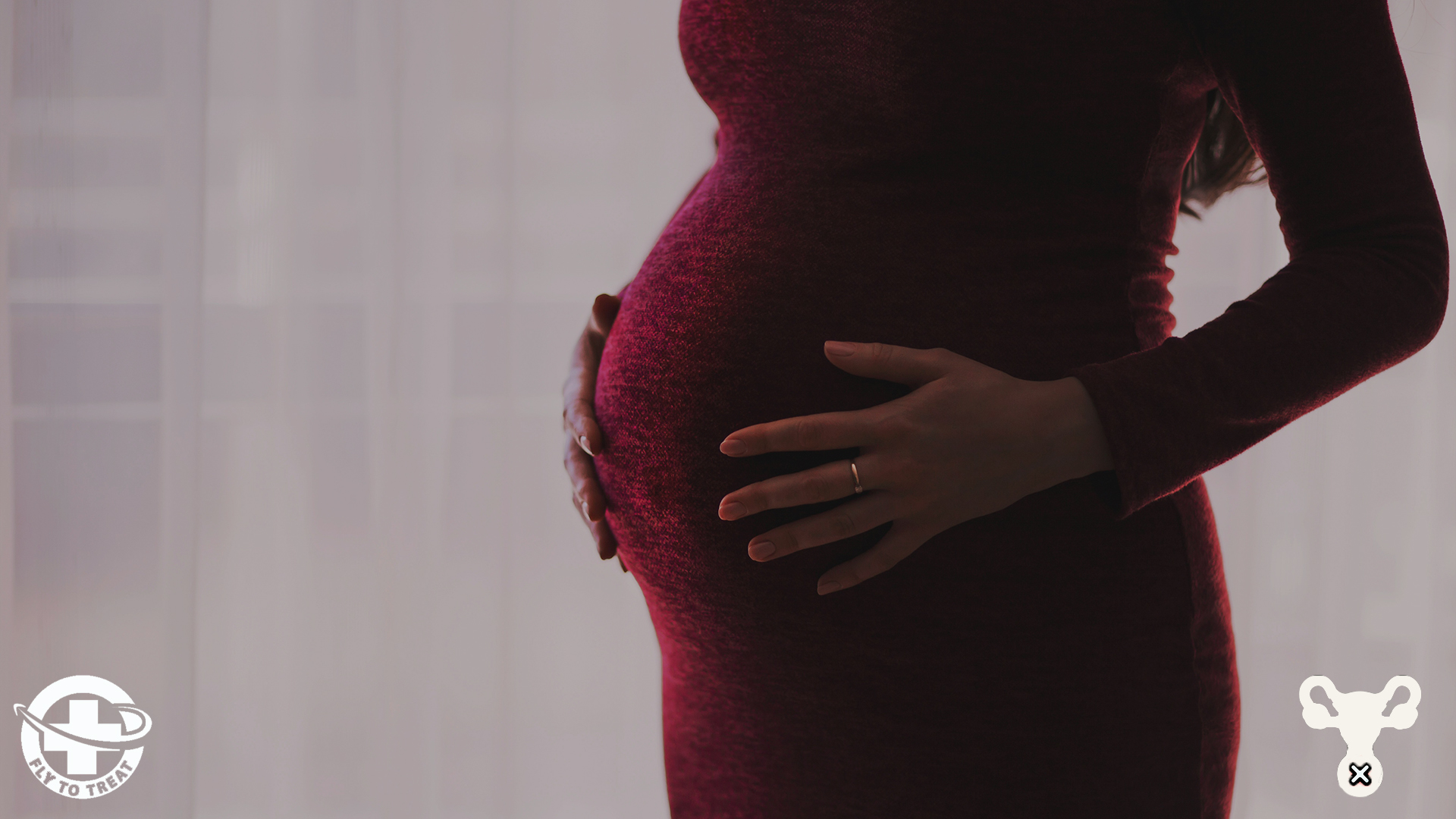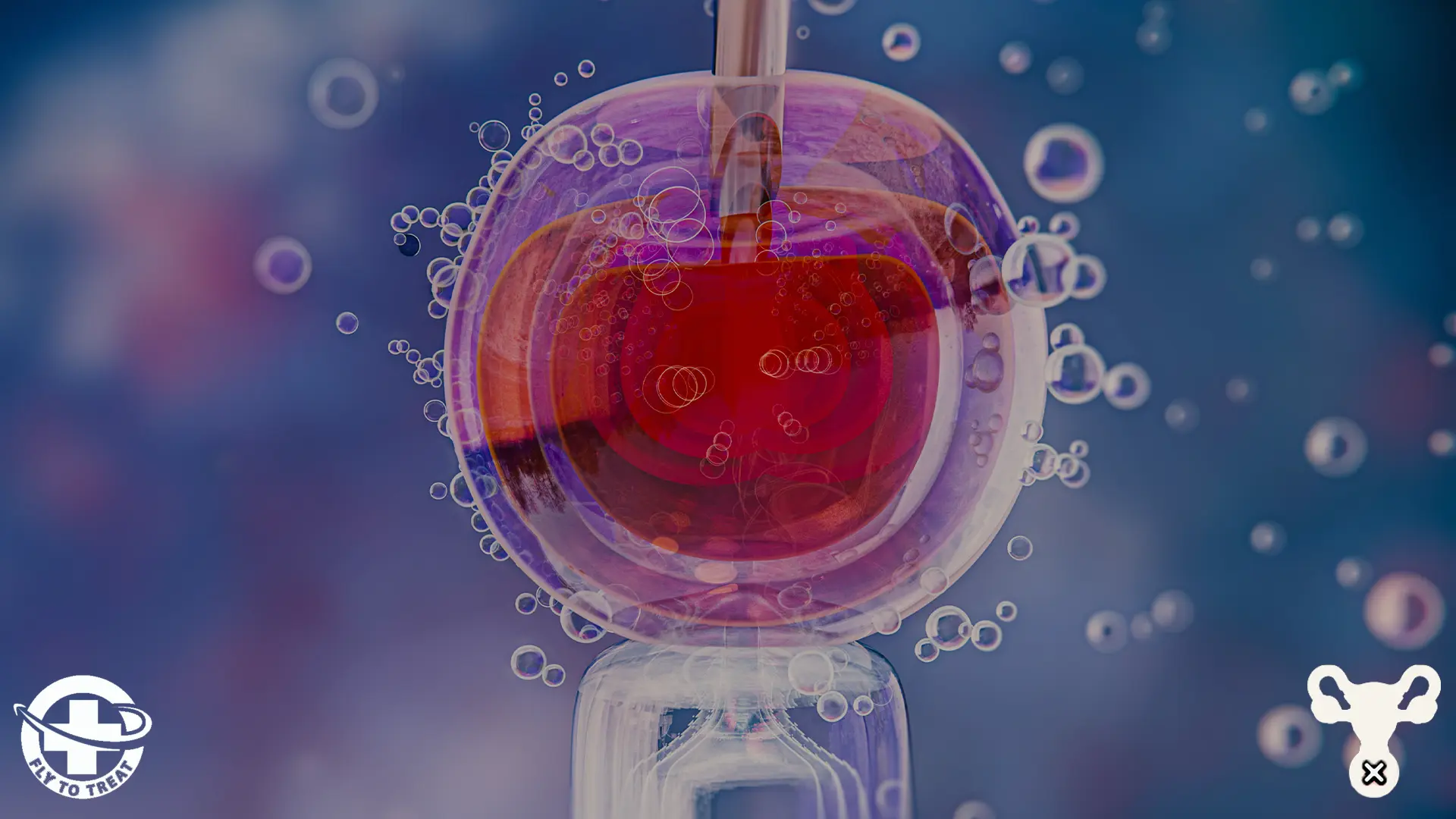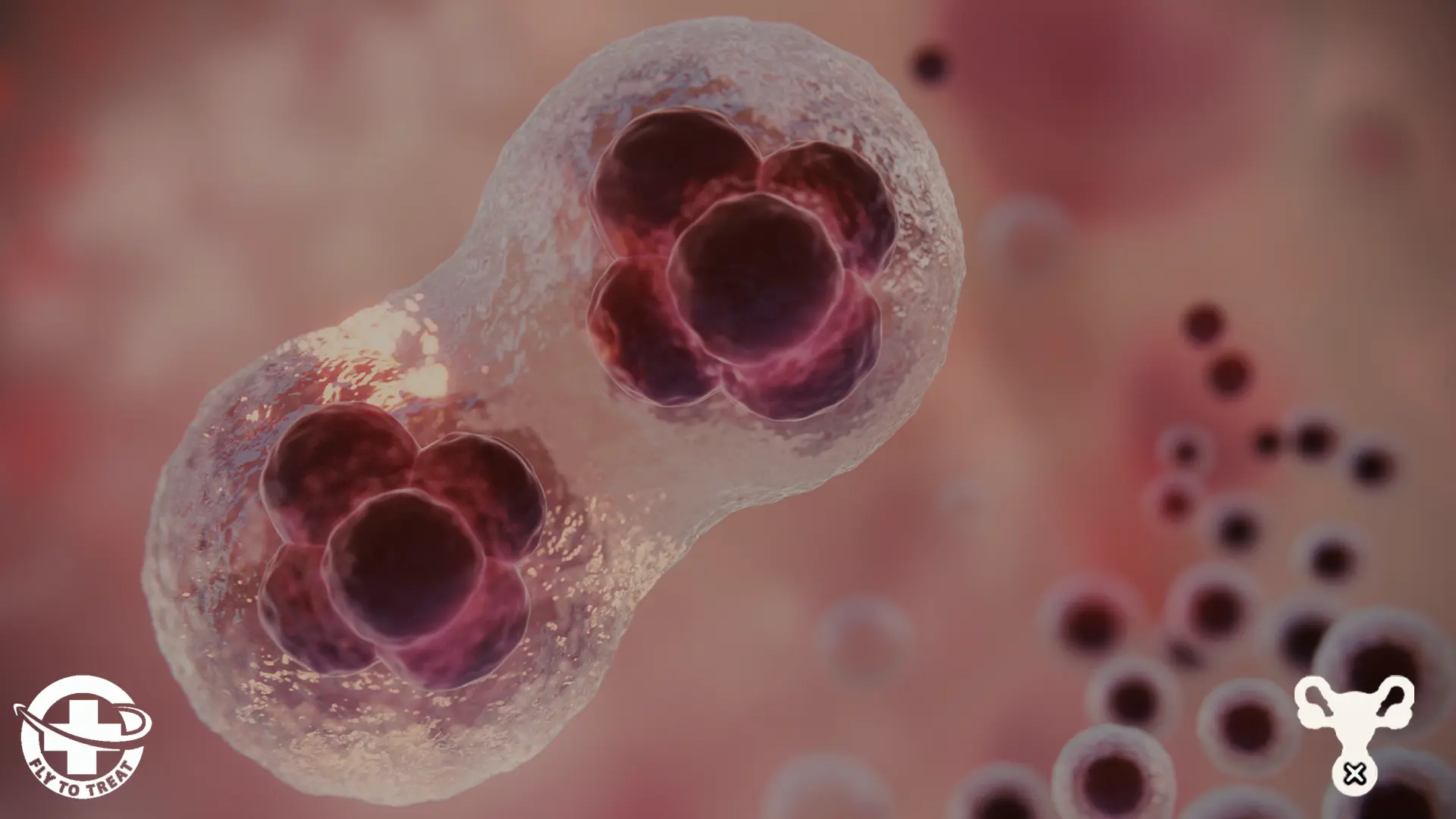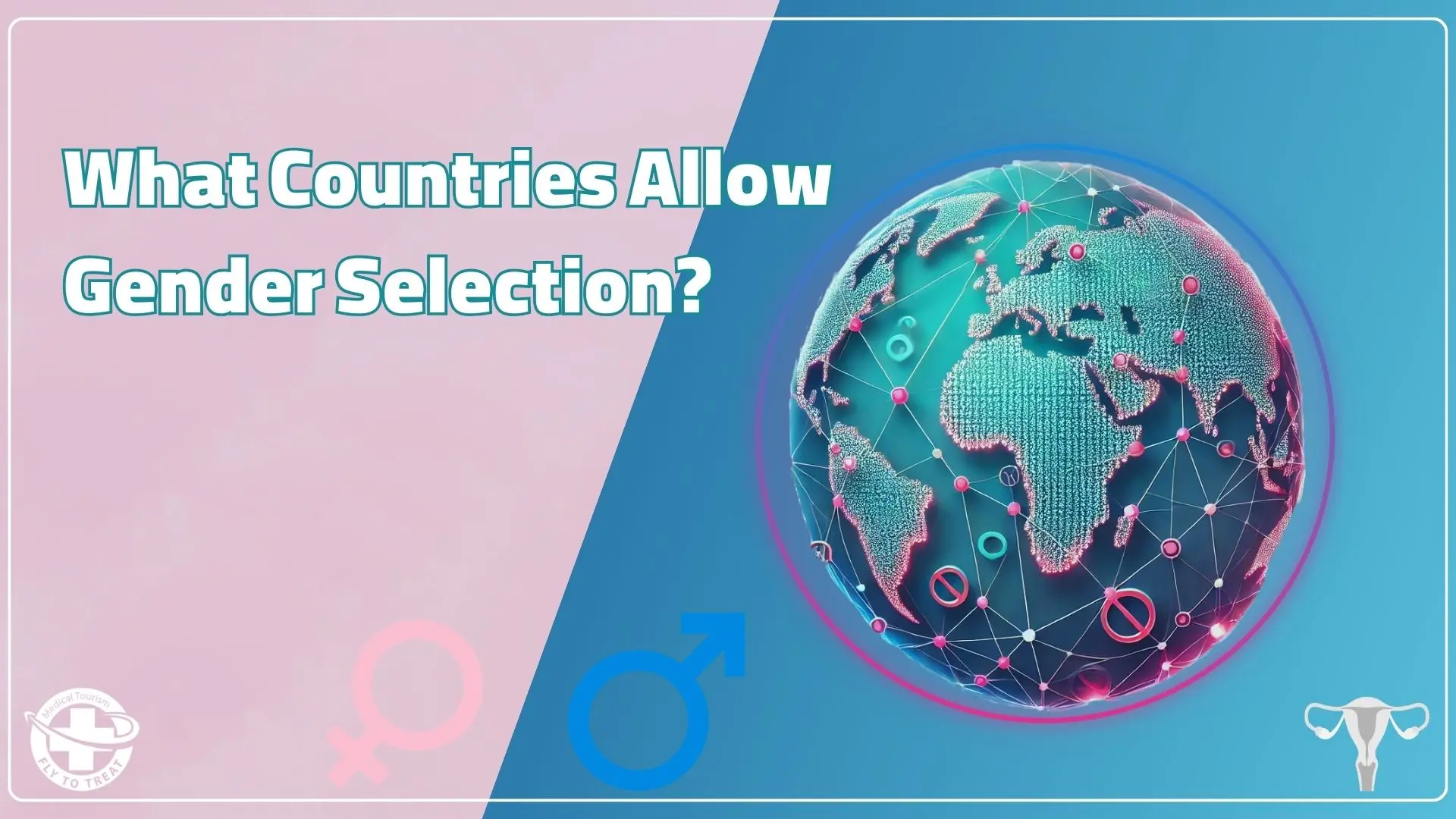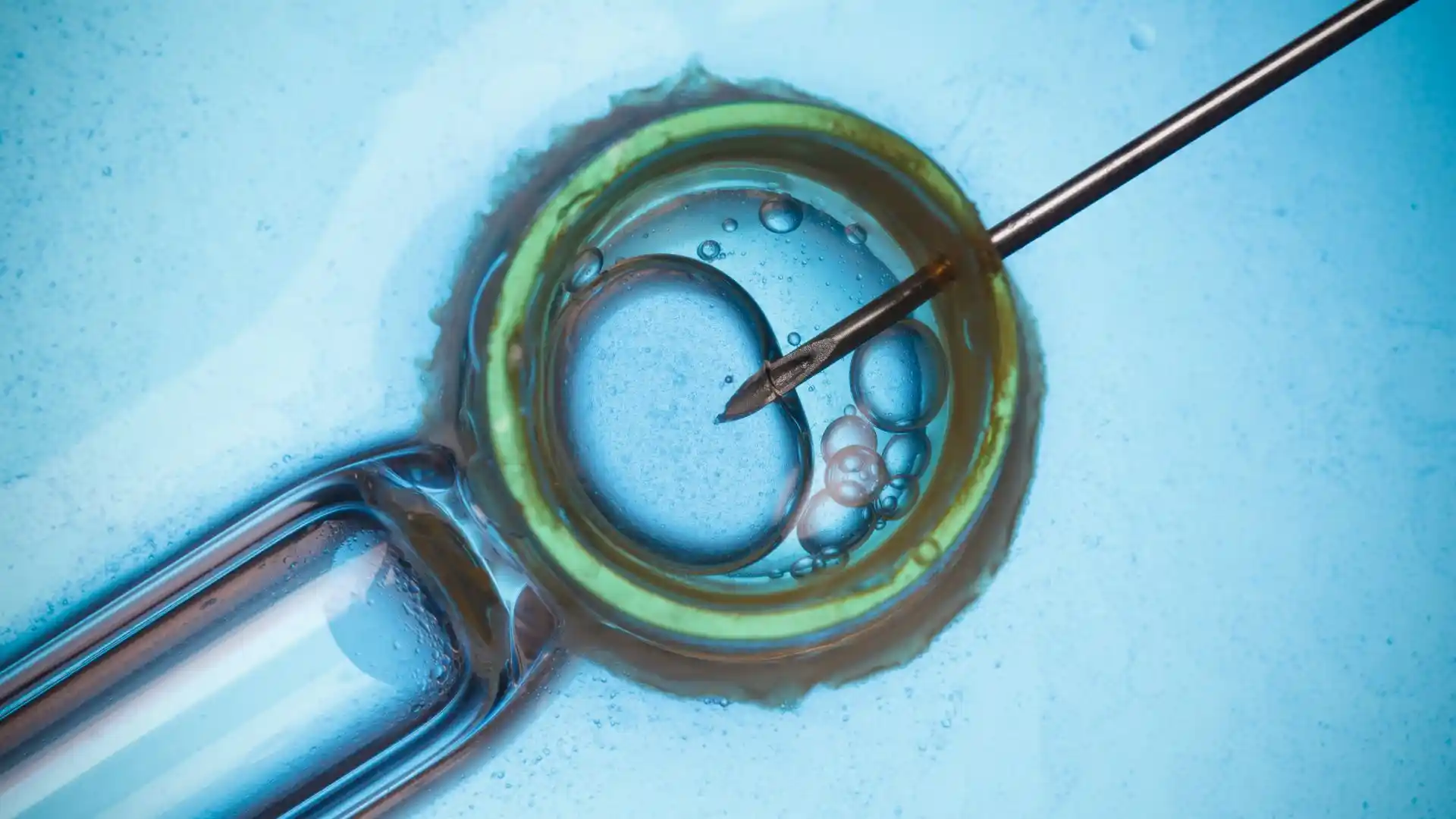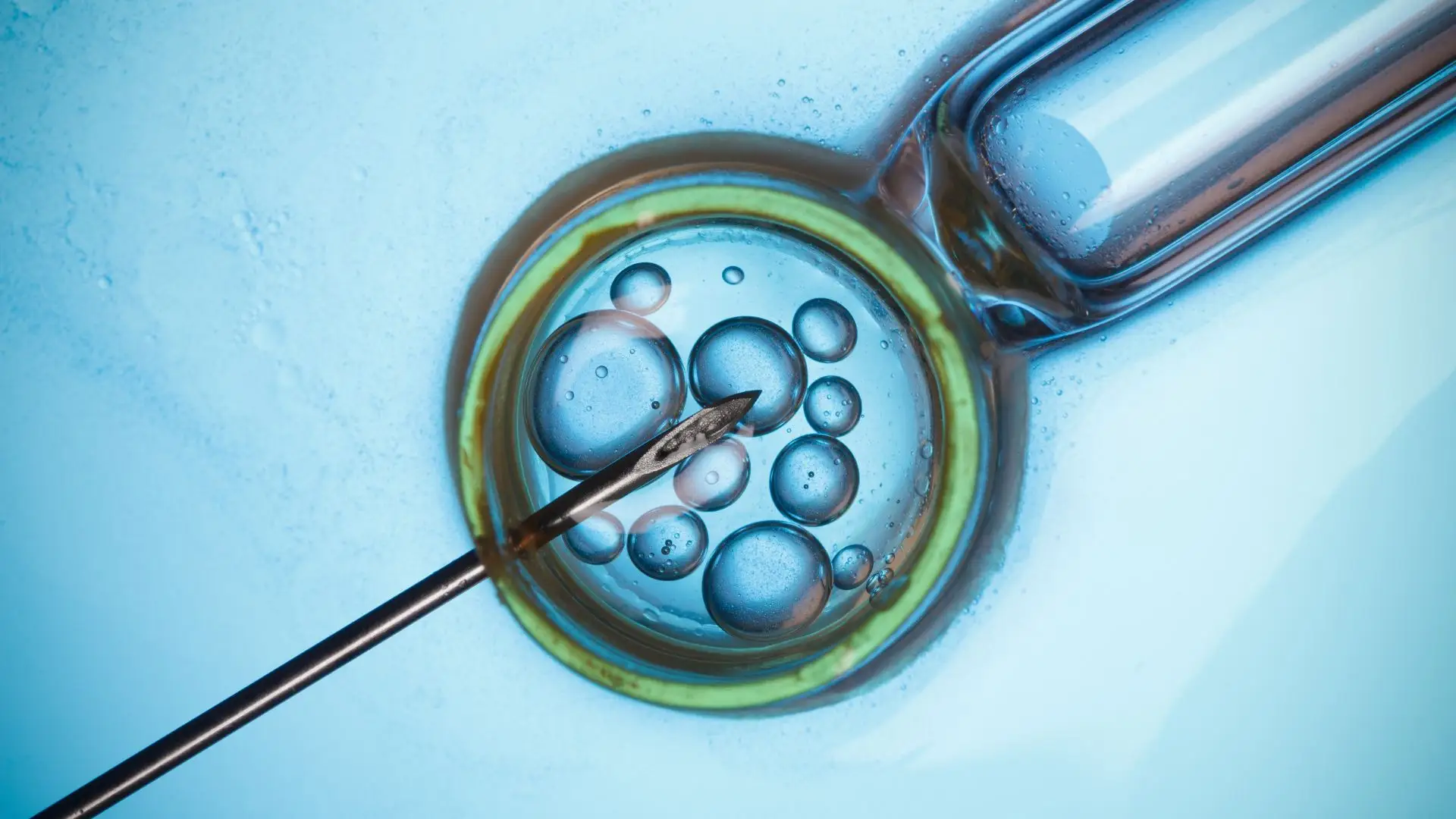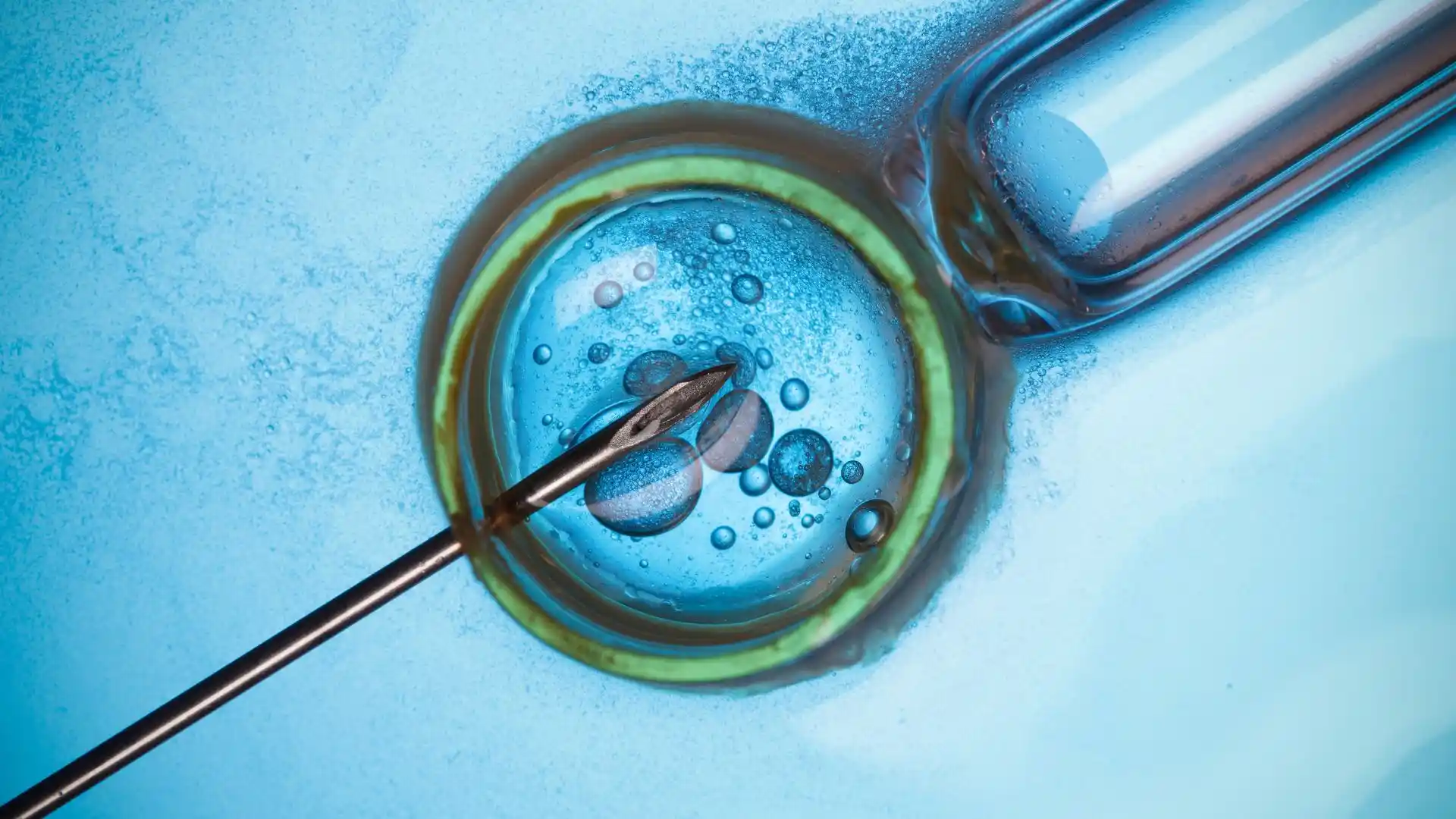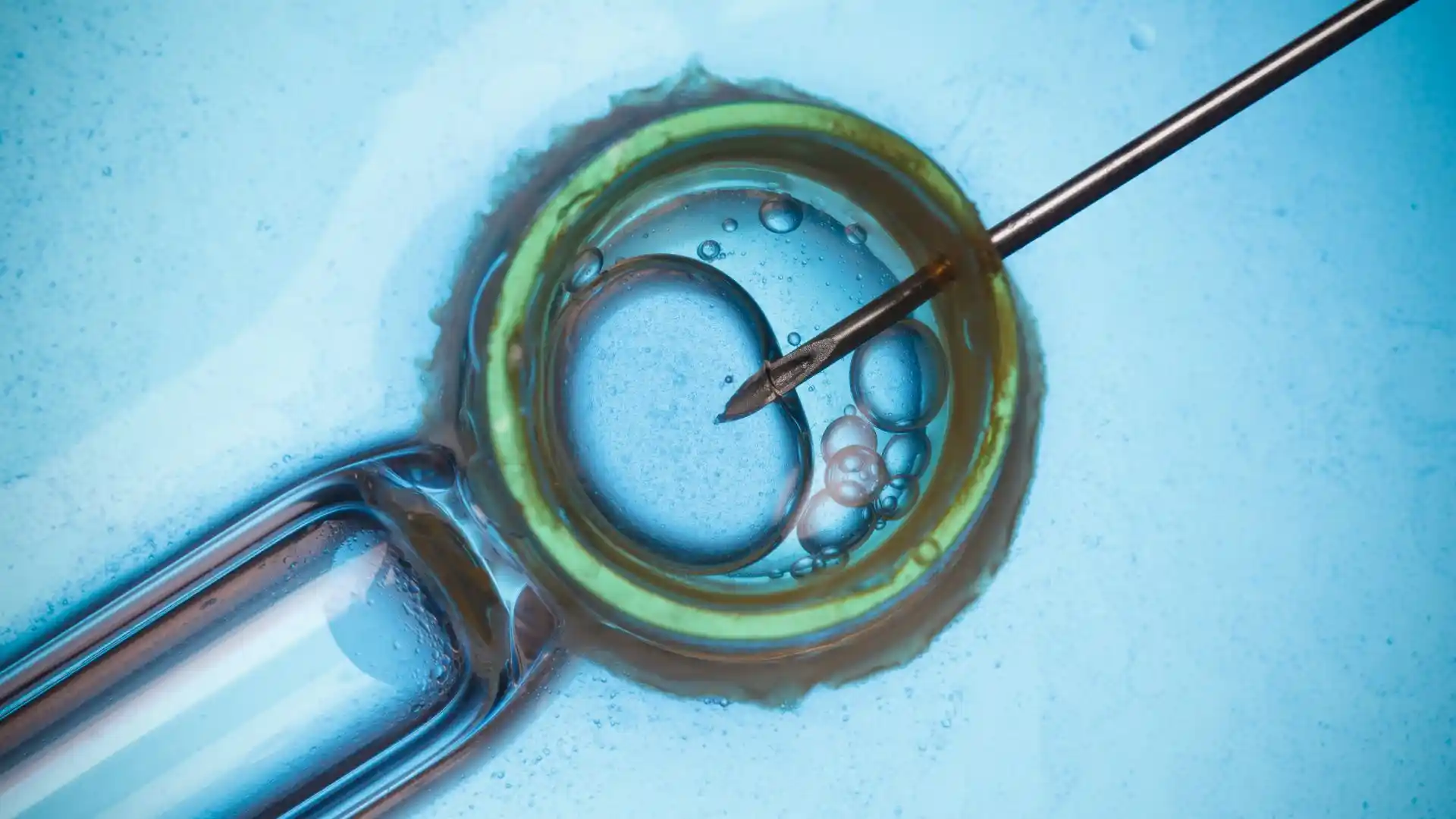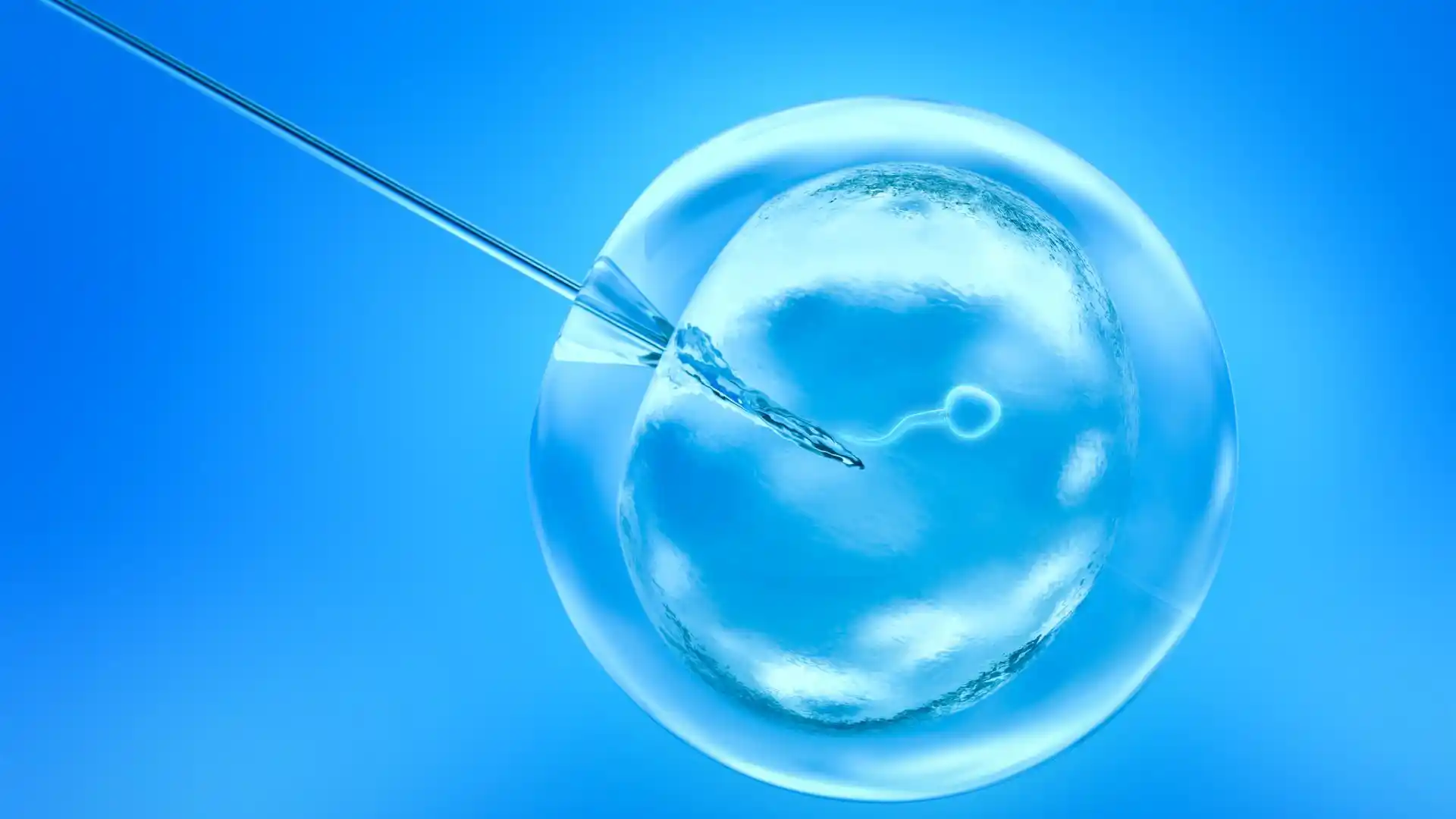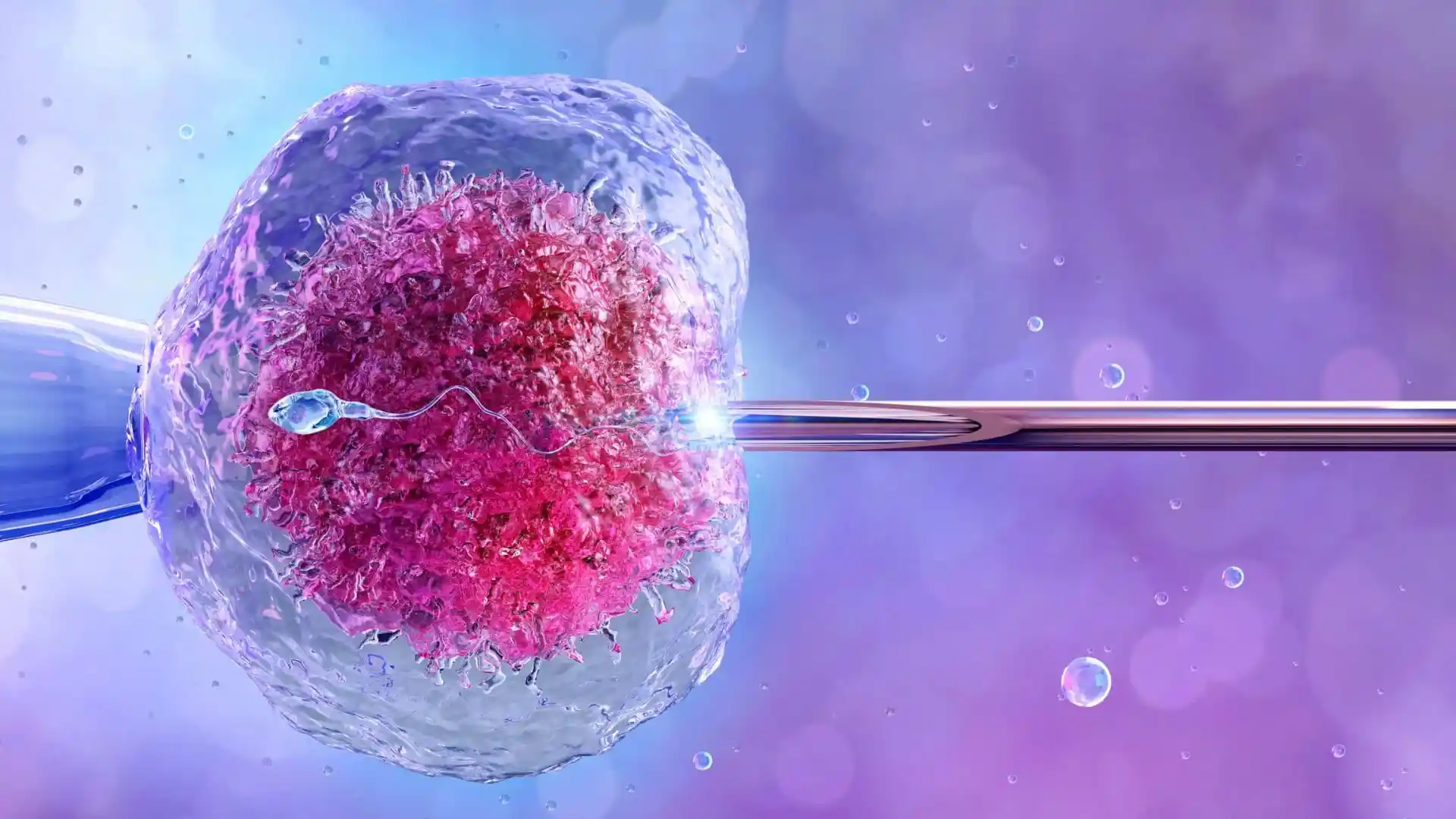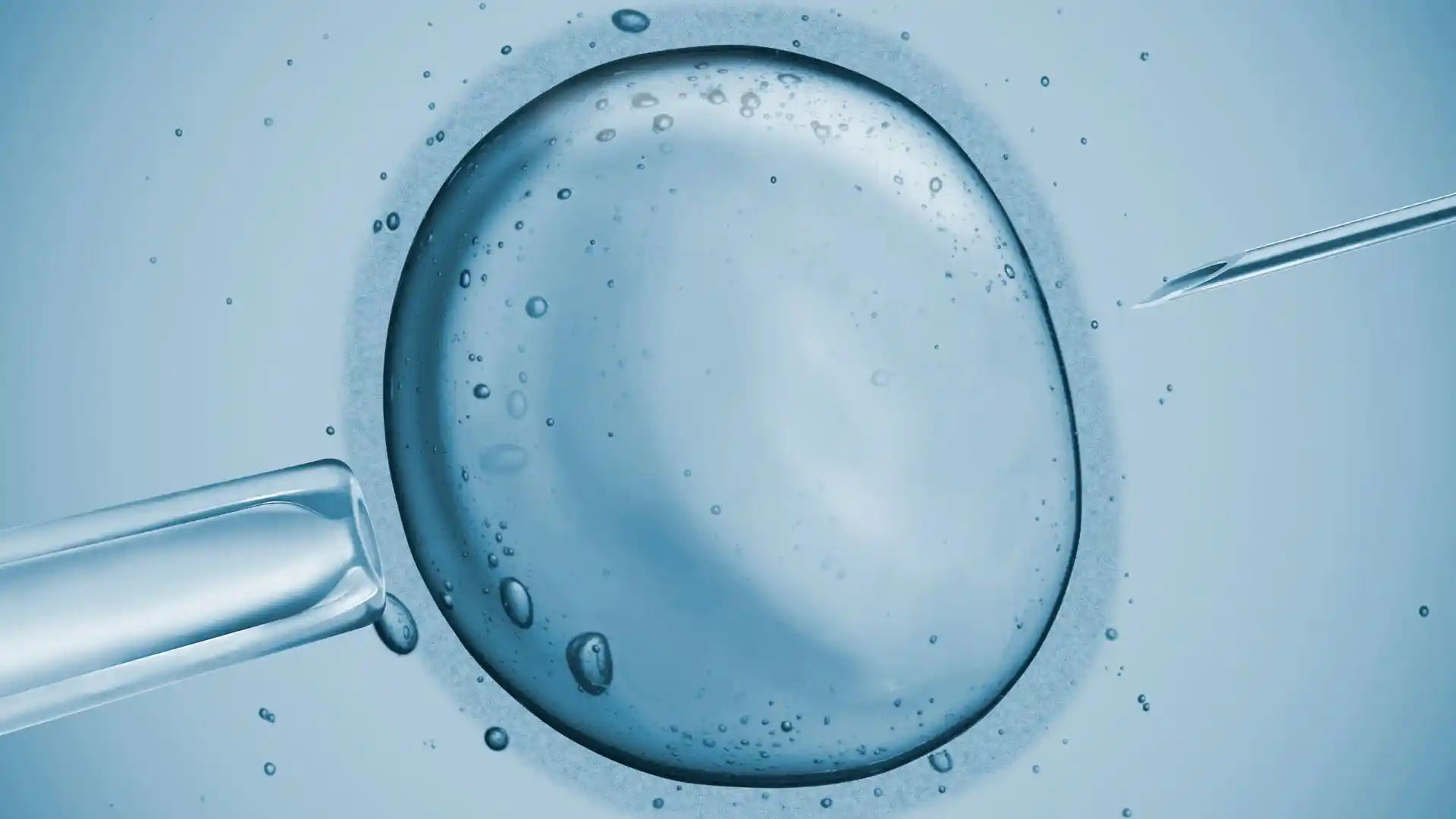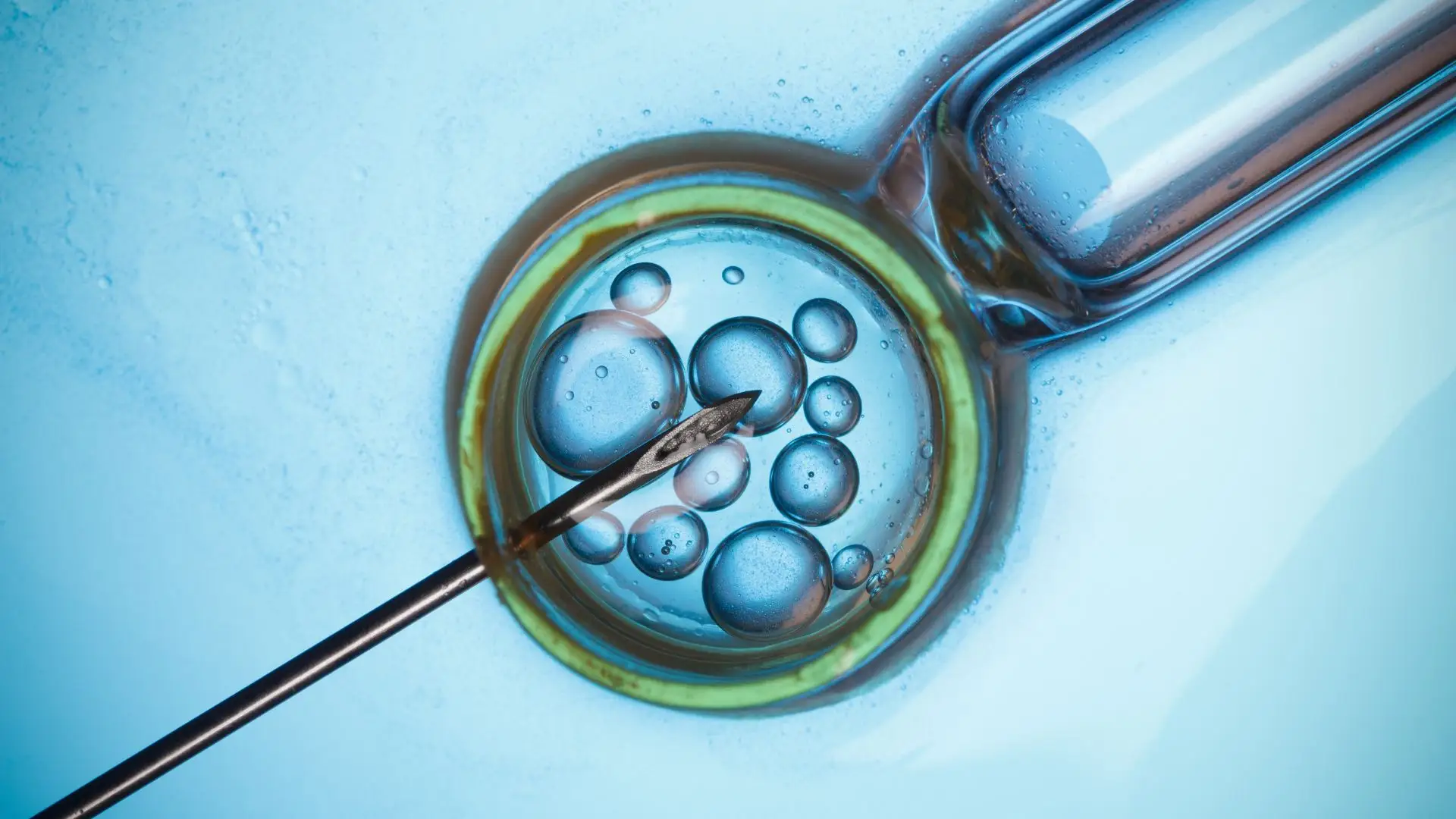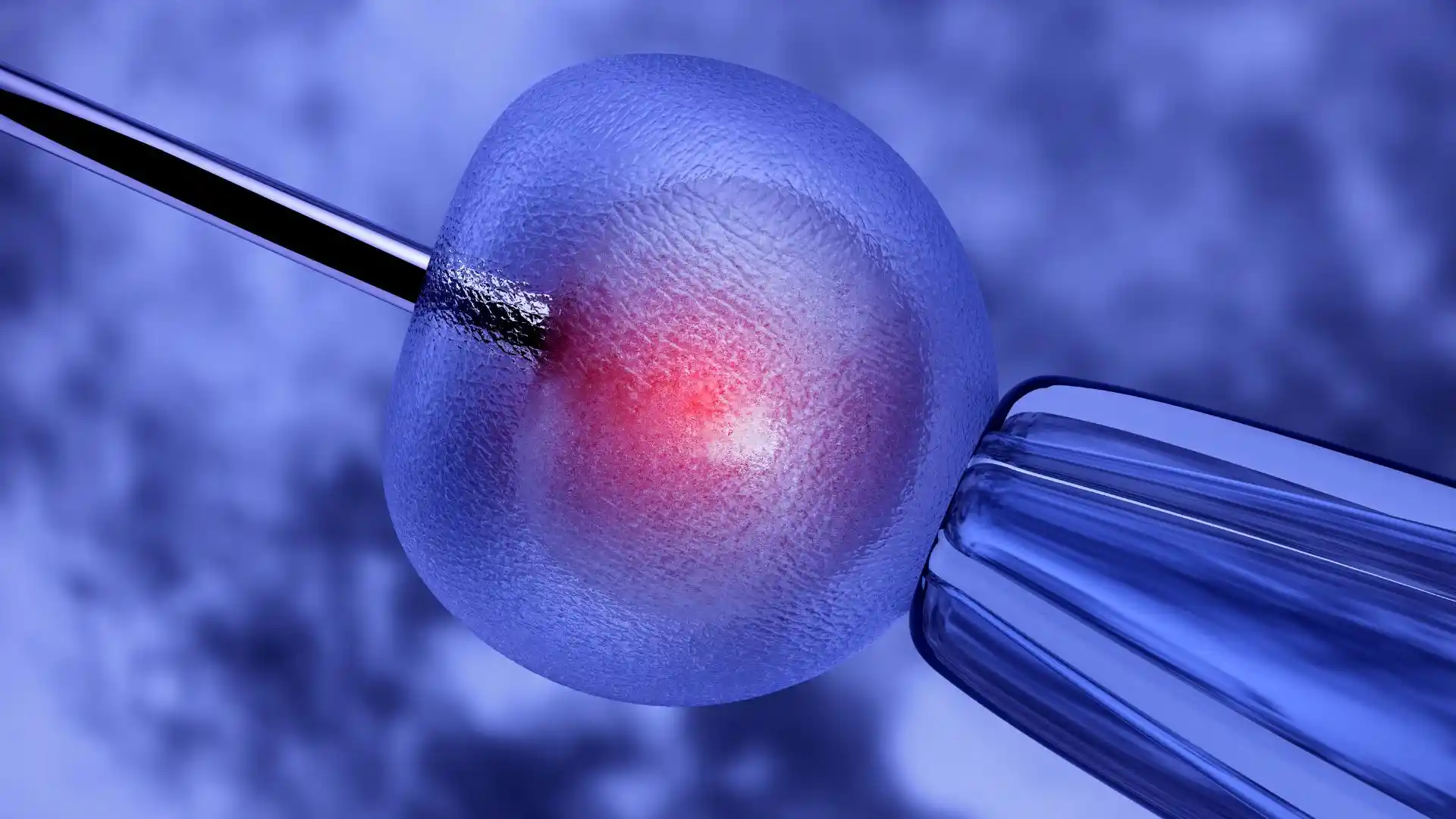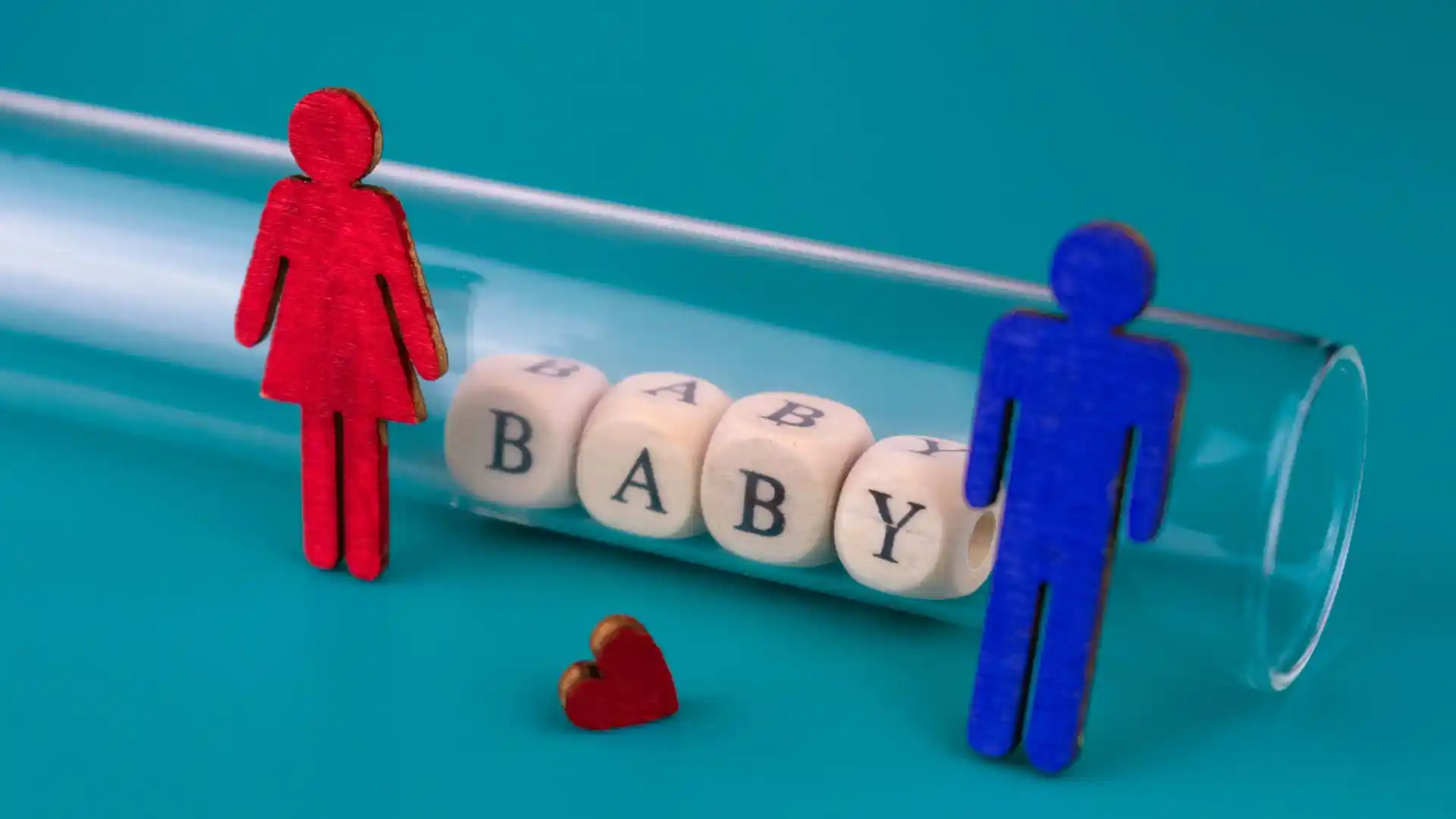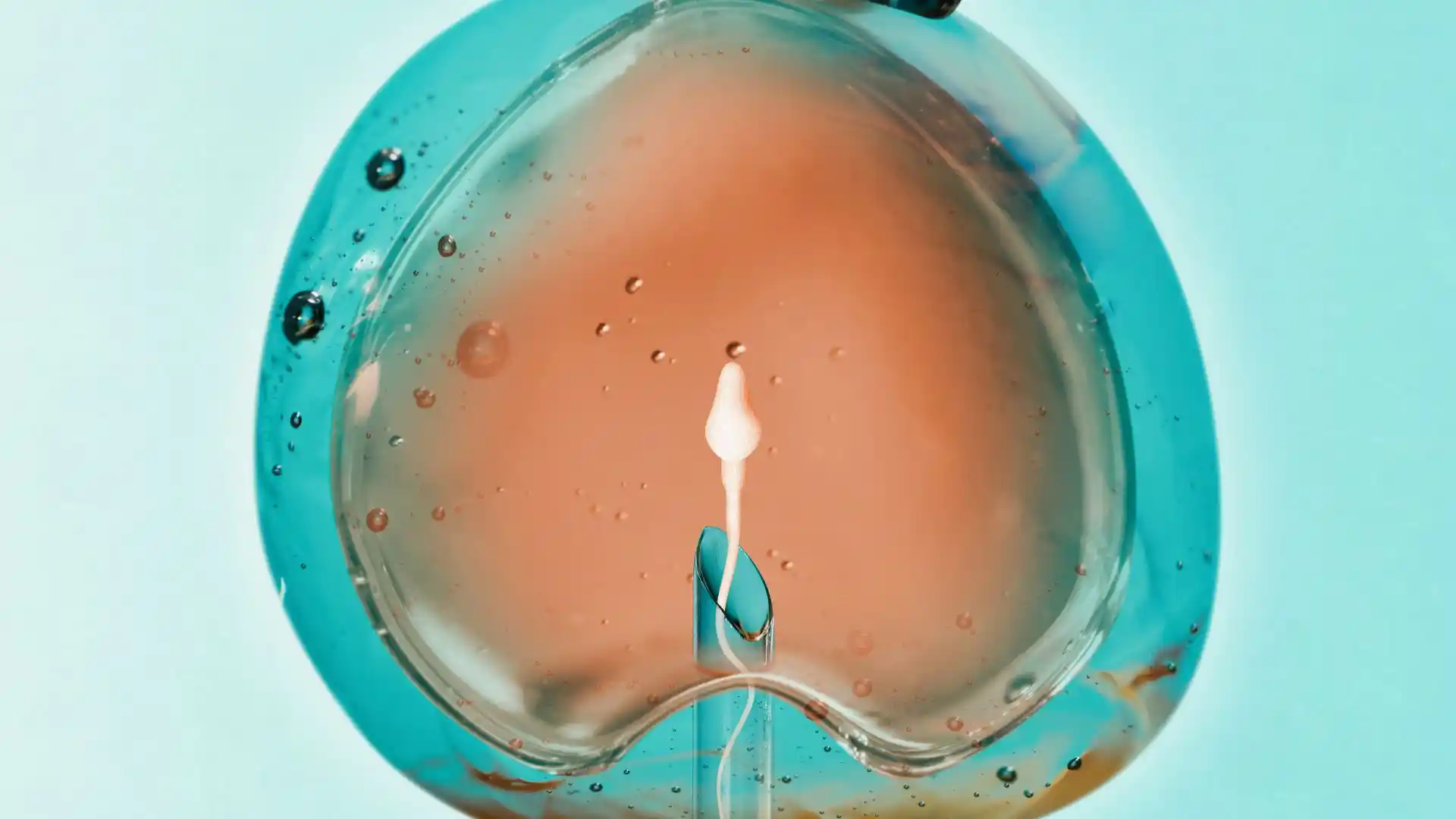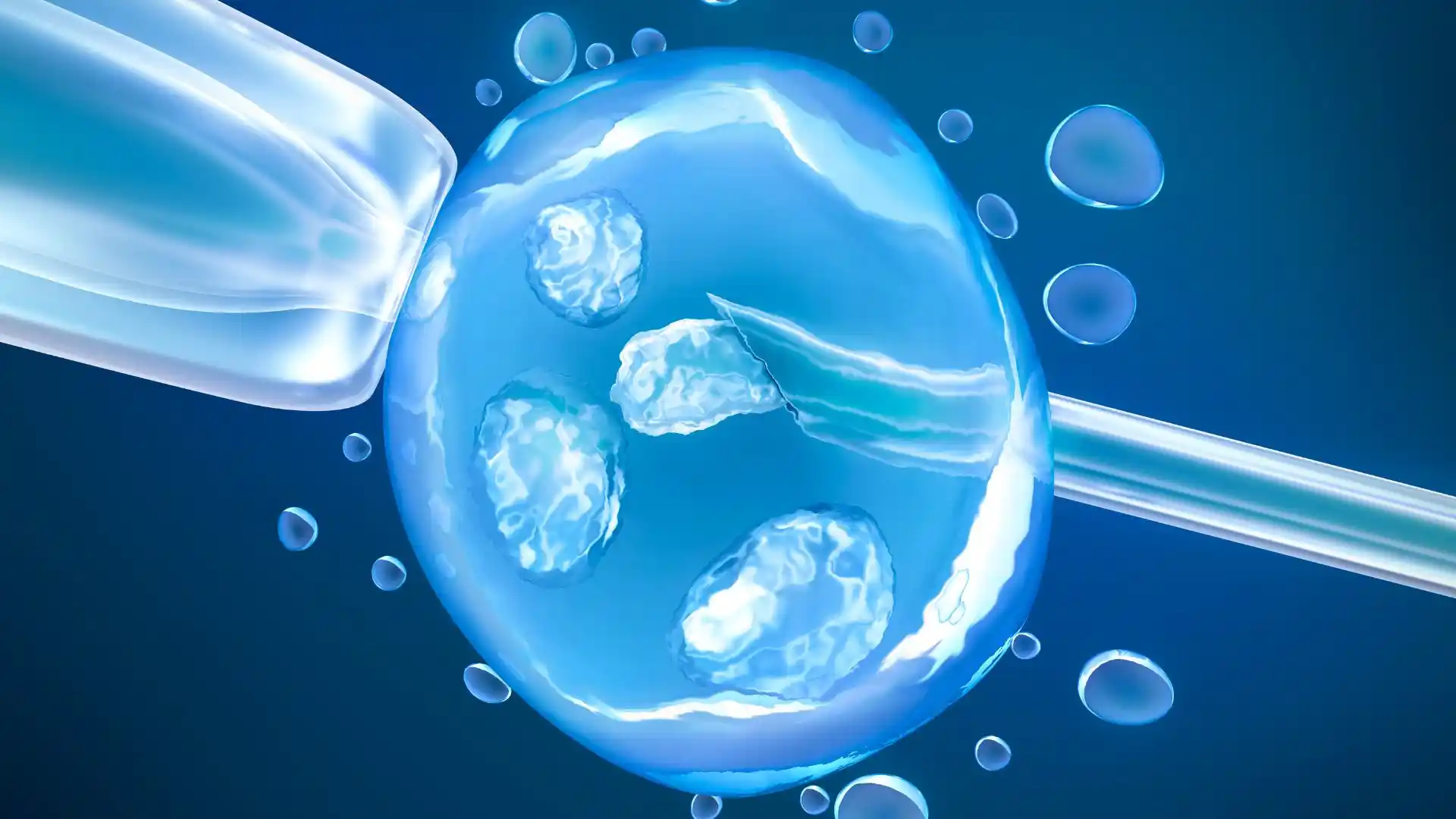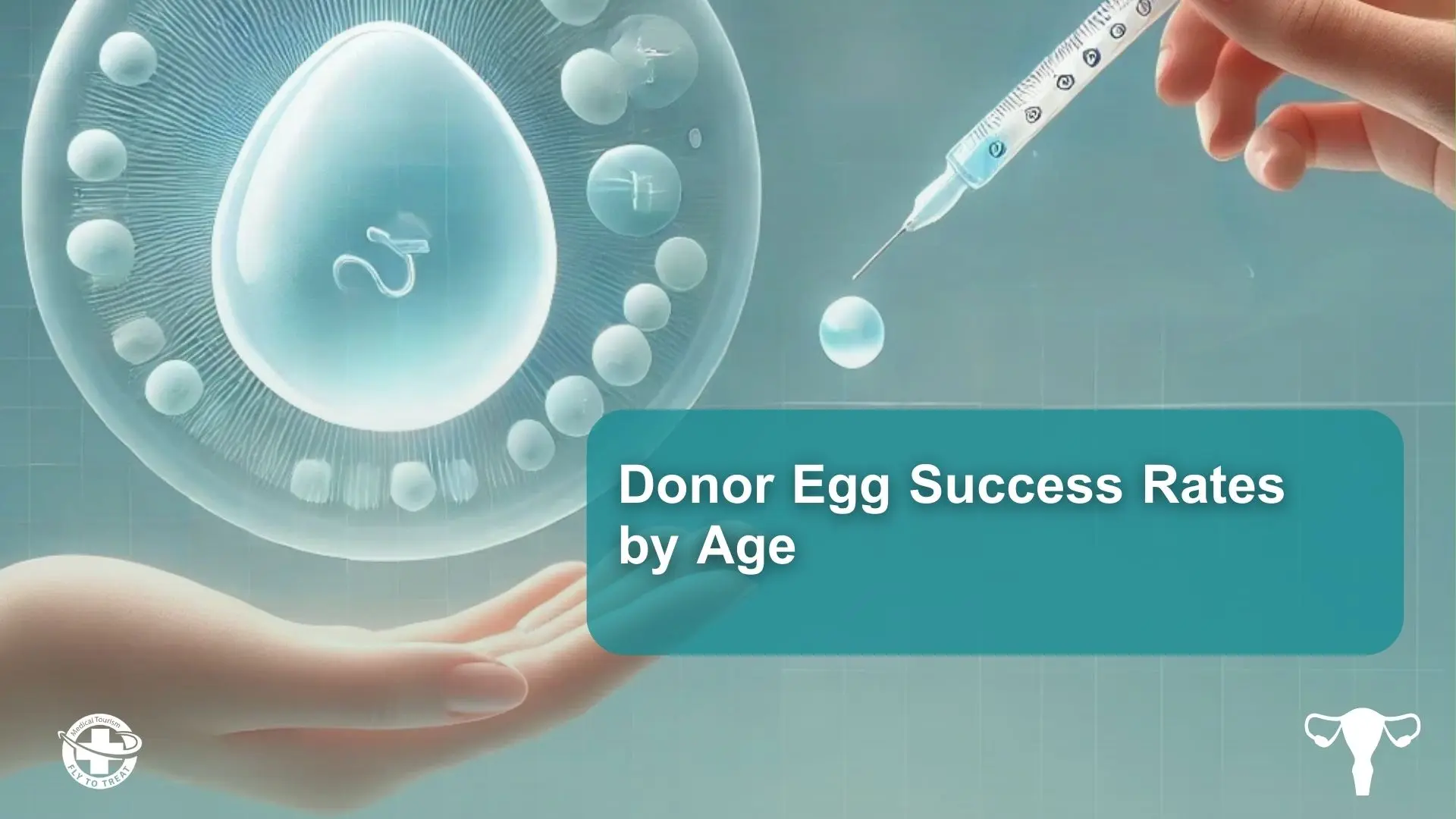
Donor Egg Success Rates by Age
Patients in certain age groups can use donor eggs to boost their chances of having a child because birth rates decrease with age when patients use their own eggs. According to a study by HFEA in 2018, patients aged 18–34 who used their own eggs had a 33% birth rate per embryo transplanted, while patients aged 43–50 had a 5% birth rate. But when donor eggs were used, birth rates stayed above 30% for all ages.
The age of the egg donor, not the patient, determines the likelihood of pregnancy when using donated eggs. Given that egg donors are usually younger than the IVF patients using them and are less likely to experience infertility problems, the egg donation IVF success rates may highly increase.
You may want to learn more about What is egg Donation Process?
In this article, we will discover that the age and health of the egg donor mostly determine the success rates of egg donation IVF. With birth rates continuously exceeding 30% across all recipient age groups, egg donation IVF is a feasible alternative for women dealing with age-related reproductive issues.
Table of Contents
- What is the Success Rate of Egg Donation IVF?
- How Many donor egg cycles are there before success?
- How using an egg donor increases your rate of success
- Is it Better to Use Fresh or Frozen Eggs?
- Donor Egg Success Rates by Age
- Chances of Pregnancy with Donor Eggs
- Which Country is Best for Egg Donation?
What is the Success Rate of Egg Donation IVF?
Egg donation IVF success rates highly depend on initiating IVF and egg donation, which is a significant step for anyone hoping to become a parent; knowing your chances of success helps to make the process less challenging and gives you more hope. Many people try IVF with non-donor eggs first, and depending on the woman's age, this can be quite successful.
Are you curious to know more about IVF and gender selection? Read this article: How Does IVF and Gender Selection Work?
How successful is egg donor IVF?
Statistics on egg donations also provide information on the success rates of donor egg IVF at every step of the procedure. For instance, only 30 to 50% of fertilized eggs reach the blastocyst stage when using their own eggs, whereas the likelihood of a donor egg developing into an embryo correctly is over 80%.
Donor egg embryos have a 75–85% chance of implanting successfully in the uterus. On the other hand, implantation rates with one's own eggs differ greatly by age group. The average rate of embryo implantation is 37% for those under 35, 18% for those between 38 and 40, and 2.2% for those above 44.
Compared to own egg IVF, which has a 41% chance of resulting in a clinical pregnancy for those aged 18–34 and a 6% chance for those aged 43–50, the overall chances of achieving a clinical pregnancy using donor egg IVF range from 50 to 75%.
How Many donor egg cycles are there before success?
The number of donor egg cycles before success can vary widely among individuals. Factors influencing this include:
1. Recipient age: younger recipients tend to have higher success rates .
2. Donor egg quality: higher-quality eggs may yield better results .
3. Underlying fertility issues: Any underlying reproductive abnormalities may affect the recipient's success.
4. Clinic success rates: Each clinic has a different donor egg cycle success rate.
Many clinics report that, on average, 50–60% of donor egg cycles result in a successful pregnancy. Some people, on the other hand, may need multiple cycles to achieve success. The best course of action is to consult a reproductive specialist who can provide specific guidance.
Donor Egg First Time Success
When asked if donor eggs can be used for the first time, the response is definitely yes! After one round, donor egg IVF can be effective in as many as 59% of cases. However, you could probably need more than one cycle for a good pregnancy. The chance of getting pregnant after a second IVF donor egg cycle is 65%, and after a third cycle: 89%.
When compared to IVF utilizing their own eggs, these success percentages are higher. For instance, the odds of a live birth for those under 30 are 43% after one IVF treatment, 59% after two, and 66% after three.
How using an egg donor increases your rate of success
Egg donor success rate with FlyToTreat is high on the first try. The primary cause is that oocytes, or eggs, are obtained from young, healthy donors.
Besides, donor eggs are fertilized with the sperm of the male partner, developed to an early embryonic stage, and then they are placed in the female partner's uterus, giving her the same gestational experience as natural conception, donor eggs also permit strong biological and/or psychological connections within a family.
For gaining more information and free consultation in this regard, contact FlyToTreat via Whatsapp or email and let us guide you through the process.
Is it good to go with donor eggs?
Yes, using donor eggs for IVF is a very effective technique that has enabled many couples to fulfill their dreams of becoming parents.
There are usually higher egg donation IVF success rates by using donor eggs than IVF with one's own eggs, especially for people over 35 or with reduced ovarian reserve. The overall success rate for donor egg IVF is remarkably high, despite the fact that success rates might differ depending on a number of variables, including the recipient's reproductive health, the sperm's quality, and the donor's age and health.
What Factors Influence the Success Rates of Egg Donor IVF?
A number of factors influence IVF success rates, and knowing them can help set reasonable expectations and make the process go more smoothly. Some of these factors are:
1. Donor Egg Quality
The age of the egg donor, their overall health, and the state of the eggs are essential factors that affect the success rate of donor eggs. Because they tend to produce healthier eggs, younger donors—typically in their 20s—generally have higher success rates. Additionally, because the freezing and thawing procedure can occasionally affect egg quality, fresh eggs usually produce better results than frozen ones.
2. Recipient’s Uterine Health
The recipient's uterine health is important, even though donor eggs eliminate the need for the recipient's own eggs; a well-prepared uterine lining is necessary for successful embryo implantation after transfer.
3. Fertility Clinic and Specialist Expertise
How well IVF works can be greatly influenced by the fertility clinic's expertise and the specialist's skill. The effectiveness of donor egg in vitro fertilization depends on having a skilled fertility doctor. Therefore, specialists are essential in helping patients with everything from thorough evaluations to individualized treatment plans and post-transfer care.
4. Lifestyle-based factors
IVF success rates using donor eggs can be positively impacted by their lifestyle, habits, and general health, including stress management, quitting smoking, and keeping a healthy body mass index.
Is it Better to Use Fresh or Frozen Eggs?
The controversy over fresh versus frozen eggs in donor egg IVF brings to light a number of important factors:
1. Success Rates: Compared to frozen eggs (39.6%), fresh eggs have a greater success rate (47.7% live birth rate).
2. Number of Eggs: Fresh eggs offer better chances for the formation of embryos than frozen eggs, which produce less viable eggs after thawing.
3. Embryo Creation: Having more fresh eggs raises the likelihood of successful embryo transfers and the potential for siblings who share genetic traits.
4. Cost-Effectiveness: Because fresh egg donation requires fewer cycles, it is more economical.
5. Donor Sharing: Fresh eggs usually go to one recipient, while frozen eggs might be divided among several.
6. Convenience: Without requiring cycle synchrony, frozen eggs enable faster treatment.
7. Restricted Selection: There can be fewer possibilities for frozen eggs than the tailored selection available for fresh eggs.
Donor Egg Success Rates by Age
There are various reasons why you might decide on donor eggs over your own, but the most common of these is age. Under normal conditions, you gradually lose your reproductive potential over the years.Egg donation IVF success rates decrease when a woman reaches her thirties because the quality and quantity of her eggs decline, making natural pregnancy more challenging.
Therefore, anonymous egg donors must be under 36, healthy, and free of a history of genetic conditions. Egg donors also go through fertility screening to ensure the best possible chances of success for recipients. As a result, those who use donated eggs benefit from younger, higher quality eggs, which are linked to much higher rates of success.
Egg Donation Success Rates Over 40
Research indicates that a person's capability to procreate declines more quickly beyond the age of 37. As a result, your chances of egg donation success rates over 40 for pregnancy are usually only about 5%, let alone for donor success rates over 45 or more. Women who have made numerous efforts at conceiving and whose eggs may no longer be viable can find hope through egg donation.
The occurrence of genetic disorders in your family, early ovarian failure, the lack of healthy ovaries, or just not being able to create enough eggs to become pregnant are further reasons not to use your own eggs.
Chances of Pregnancy with Donor Eggs
According to a study done by HFEA, there are a number of significant insights into IVF success rates, especially when it comes to using donor eggs as opposed to one's own. Younger women have a roughly equal probability of having a successful baby regardless of the source of the eggs, as evidenced by the generally identical success rates for donor-egg IVF and own-egg IVF for women under 35.
For women over 40, however, things dramatically change. Using their own eggs, which have a success rate of only 4-12%, the chances of a live delivery in this age group are more than doubled when using donor eggs. In particular, donor egg IVF has a 30–34% success rate, which shows a significant benefit for older women who want to get pregnant.
Furthermore, the difference gets even more noticeable as women get older, especially those who are 43 years of age or beyond. In this age range, the likelihood of successful IVF is more than seven times greater when using donor eggs as opposed to one's own.
The significant distinction shows that while age-related factors may cause older women's fertility to drop, donor eggs could increase their chances of a safe pregnancy. Our results demonstrate how important egg donation can be for women with age-related fertility problems in terms of increasing their reproductive options and success.
Increase Egg Donation Success Rate with FlyToTreat
Are you looking for the best destination to increase egg donation success rate? As one of the leading facilitators specializing in egg donation, FlyToTreat proudly maintains remarkable egg donation IVF success rates. Our team offers deep expertise and streamlined support, ensuring you are at the center of every decision throughout your journey.
Our egg donation specialists in many countries guide you through selecting the best destination country and donor eggs for IVF, finding your ideal egg donor, and managing your clinical treatment. We provide a wealth of resources to help you explore egg donation from various perspectives, along with robust community support from our global partners. You can simply reach out to us via WhatsApp or email.
Want to Learn More? Get in Touch
Which Country is Best for Egg Donation?
The best country for egg donation is one where you can legally find the right egg donor, have IVF, and also meet your budget limits for treatment, travel, and accommodation.
Several countries provide excellent healthcare at significantly lower costs than others. When comparing the costs of medical procedures, transport, accommodation, and any other services you could require during your stay, it's important to take your budget into account.
Not all people may benefit from egg donation in all popular countries because different countries control the options for the procedure differently. Besides, Many countries have restrictions in this area, and married couples, single women, and lesbian couples may have distinct options.
In addition to legal restrictions on the use of donor eggs, donor matching procedures, and the cost of egg donor IVF, which might differ from country to country, the choice of destination is primarily based on personal taste.
Some of the most well-liked countries for high egg donation IVF success rates are listed below:
Egg Donation Success Rates in Cyprus
Cyprus is considered one of the best countries for egg donation due to its high success rates, advanced fertility clinics, and favorable legal framework. The country has a strong reputation for using both fresh and frozen eggs, with many clinics reporting high live birth rates.
Additionally, egg donation in Cyprus offers a wide selection of egg donors, often providing detailed profiles that include medical history and physical characteristics. The process is also relatively quick, with shorter waiting times for donor matching compared to many other countries.
Moreover, the cost of egg donation in Cyprus is generally more affordable than in Western Europe and the USA, making it an attractive option for many couples seeking fertility treatments. Overall, the combination of expertise, success rates, and accessibility makes Cyprus a top choice for egg donation.
Egg Donation Success Rates in Thailand
Thailand is a popular destination for egg donation because of its high success rates and modern fertility centers. The country provides both fresh and frozen egg possibilities, with customized donor profiles to assist recipients in making decisions.
Since treatment options are typically less expensive than in Western nations, affordability is a significant advantage. The legal regulations protect the rights of both donors and recipients by allowing anonymous donations. Overall, Thailand is a great place to donate eggs since it offers fair prices, a variety of donor alternatives, and high-quality care, all making egg donation and IVF cost in Thailand one of the best options for couples.
Egg Donation Success Rates in Iran
Iran has become a popular destination for egg donation since it provides both affordable and excellent medical treatment. Both fresh and frozen egg donation in Iran are available alternatives at Iran's well-established reproductive facilities, many of which have reported remarkable success rates.
The ability to choose donors according to particular criteria, like age and physical attributes, is made possible by recipients' access to comprehensive donor profiles. Iran is a desirable choice for individuals looking for reasonably priced fertility options because treatment costs are typically lower there than in many other nations.
The legislation regarding egg donation also protects the rights of both donors and recipients. Because of its range of donor alternatives, affordable costs, and combination of skills, Iran has become a more favored destination for high egg donation success rates.
Egg Donation Success Rates in UK
The United Kingdom is an excellent choice for egg donation, particularly for individuals seeking regulated and ethical fertility treatments. The Human Fertilisation and Embryology Authority (HFEA) oversees fertility clinics in the UK, ensuring that they meet strict medical and ethical standards. This regulatory framework offers patients peace of mind, knowing they are receiving safe and high-quality care.
One unique feature of egg donation and IVF cost in the UK is the emphasis on transparency. In the UK, egg donation is not anonymous, in contrast to many other countries. Donors are identifiable, allowing future children to access donor information once they turn 18. This appeals to families seeking a more open and ethical approach to building their families.
Although treatments in the UK may be more expensive compared to destinations like Cyprus or Eastern Europe, the assurance of top-notch care and strict regulations often outweighs the cost for many patients.
Conclusion
IVF success rates are significantly increased when donor eggs are used, particularly for women over 40. Regardless of the recipient's age, donor egg IVF success rates remain over 30%, whereas typical IVF success rates decrease with age. The younger, healthier demographic of egg donors is the cause of this. Donor egg IVF offers a viable solution for people dealing with age-related fertility issues, greatly improving the chances of becoming pregnant.
By assisting you in choosing the ideal egg donor, FlyToTreat increases the likelihood that your IVF procedure will be successful. We are here to help you realize your dream of parenthood with our modern facilities and professional advice. Get in touch with us right now for more information. Click Here
MEDICALLY REVIEWED BY: Dr. Ali Bazazi
AUTHOR: FlytoTreat's team of Authors
26 January 2025 - Updated At: 05 February 2025
Related Articles
Related Services
Comment







